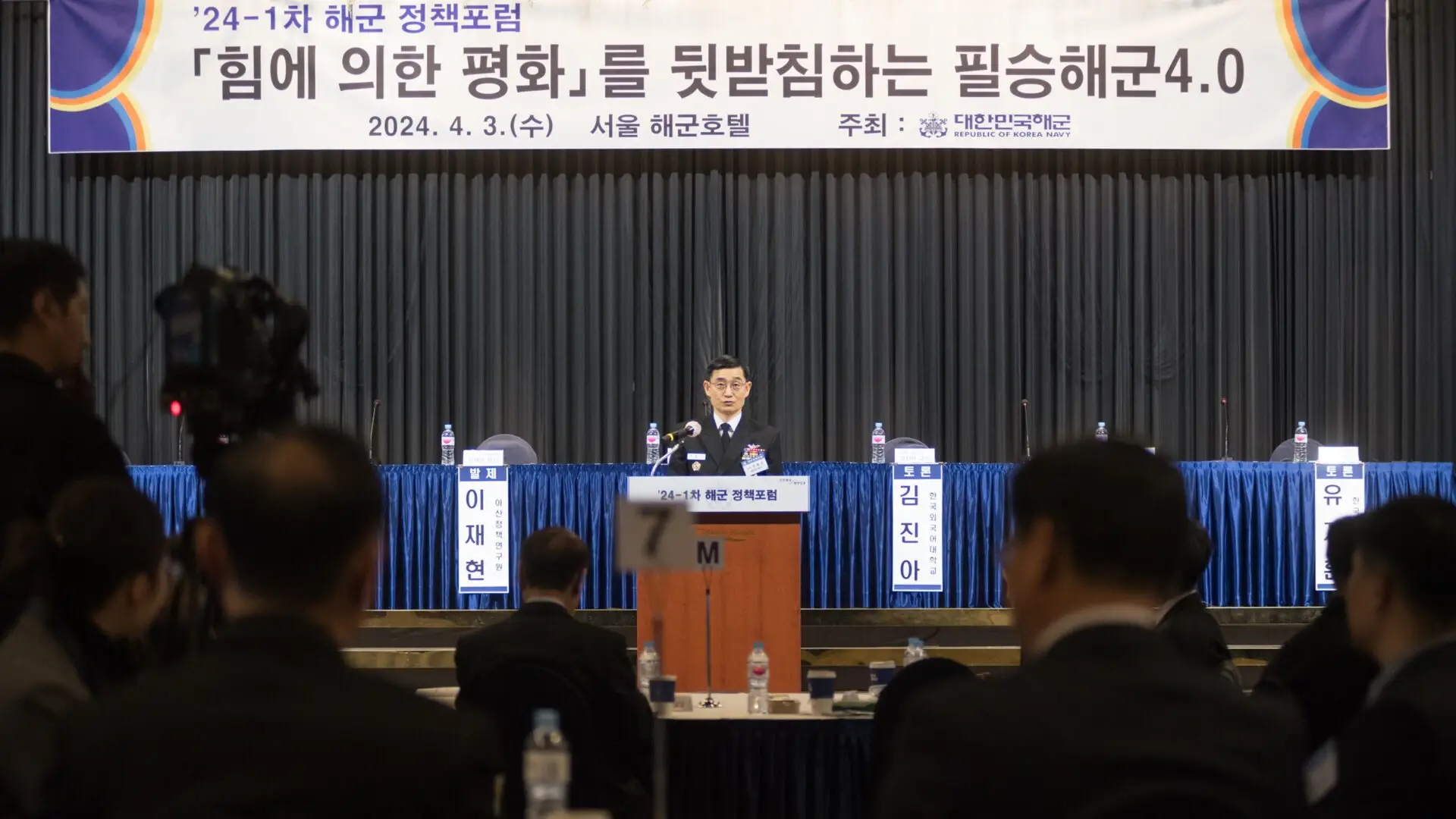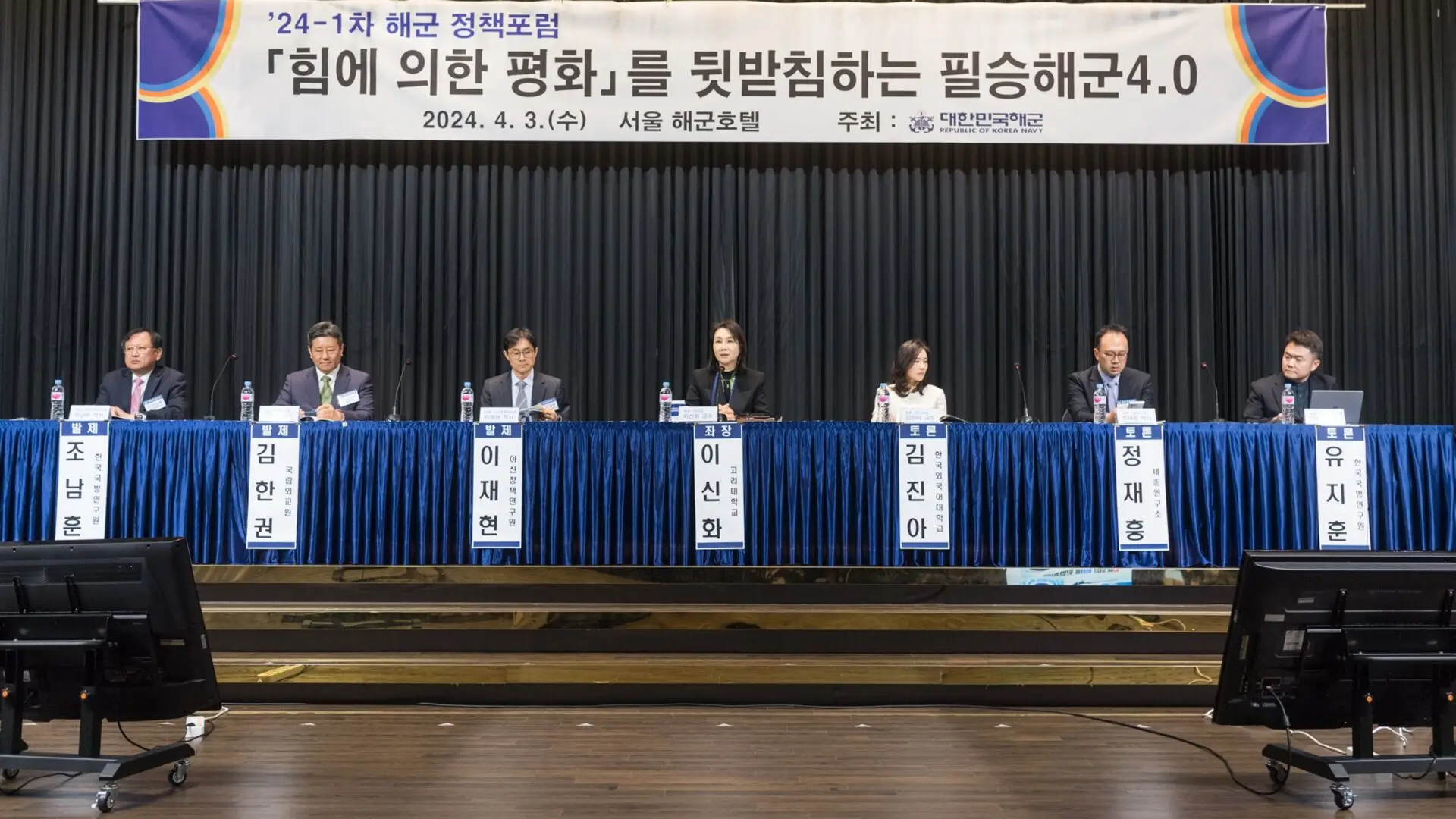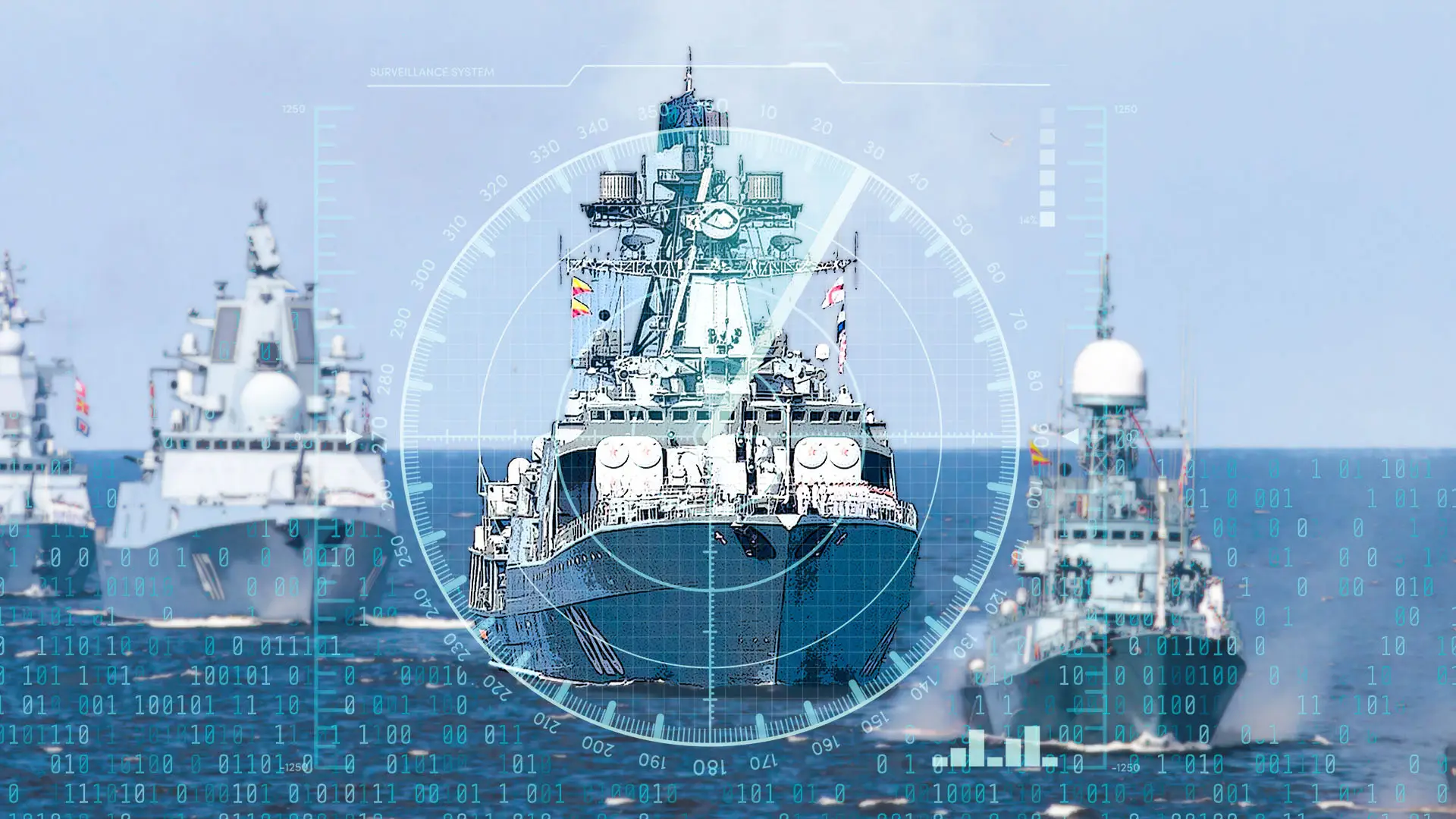The South Korean Navy convened its annual forum on Wednesday, bringing together top experts in maritime security from across the nation. Highlighting the concept of asymmetric power, which encompasses capabilities in both aircraft and cyberspace, specialists in the field recommended the implementation of naval missile defense systems to counter the threats posed by North Korean submarines.
In his welcoming address at the Navy Hotel in Seoul on April 3, Yang Yong-mo, Chief of Naval Operations for the Republic of Korea Navy, emphasized the forum’s critical objective. “Today, we gather to address the most pressing questions in national security,” he stated. “This forum is our effort to pinpoint the most significant challenges we face, especially as threats from North Korea and neighboring countries escalate into tangible risks.”

The forum’s discussions focused on several key areas: the advancement of North Korea’s military capabilities, the strategic rivalry between the United States and China, and efforts to enhance security cooperation within the Indo-Pacific region. These topics were chosen to help the navy chart a course for the future of warfare. The event was chaired by Lee Shin-wha, the Ambassador for International Cooperation on North Korean Human Rights and a Professor at Korea University.
Cho Nam-hoon, a distinguished expert in North Korean studies and a research fellow at the Korea Institute of Defense Analyses (KIDA), presented a strategy to the audience: the development of a naval force-centric kill chain or a marine-based Korea Air and Missile Defense (KAMD) system. “To counteract the threat of North Korean submarines, it’s critical to have the ability to track and detect underwater threats that launch from their motherships,” Cho explained.

The expert, Cho, went on to discuss his forecasts regarding unmanned armed systems, emphasizing the necessity for the navy to integrate both manned and unmanned systems within its operations. He argued that completely autonomous operations, devoid of human involvement, are improbable in the foreseeable future. “Can our navy neutralize North Korea’s unmanned aircraft? Are we equipped to counter North Korea’s submarine-launched missiles? To address these emerging threats, we must develop a new system. The navy plays a pivotal role in undertaking these challenges,” Cho asserted.
Several speakers highlighted the importance of diplomatic efforts, particularly in relation to enhancing military capabilities through artificial intelligence. “AI is currently a major focus at the United Nations,” Ambassador Lee Shin-wha noted during the discussions. “The navy must extend its efforts and work in collaboration with our diplomatic corps to create more favorable conditions.”
Kim Han-kwon, Director of the Center for Chinese Studies at the Institute of Foreign Affairs and National Security, Korea National Diplomatic Academy; Lee Jae-hyon, Senior Fellow at the Asan Institute for Policy Studies; Kim Jina, Professor at Hankuk University of Foreign Studies; Chung Jae-hung, Research Fellow at the Sejong Institute; and Yu Ji-hoon, a commander in the Republic of Korea Navy and a research fellow at the Korea Institute of Defense Analyses (KIDA), also contributed to the discussions.


